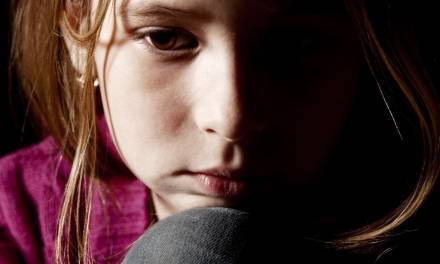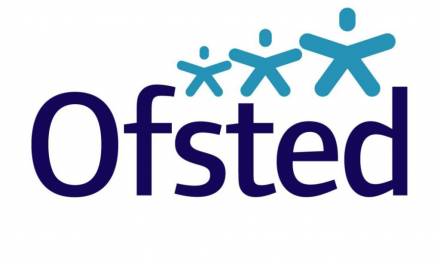“It just feels like nobody cares about us”, paediatrician Sarah Cockman had been told by parents and children on visits to B&Bs where homeless families had been staying. From bed-wetting to anxiety to leering men on doorsteps, missed safeguarding issues have caused great concern during 2020.
Teachers have been told to expect a “tsunami of safeguarding concerns” when schools return this week.
The horrendous situation for families has been compounded during lockdown. The impact of inequality has exploited young people. EDBlog takes a look at missed safeguarding issues and how communities can work together to resolve them.
Missed safeguarding issues in lockdown
The Shared Health Foundation runs a series of projects targeted at improving specific health outcomes.
After eight years as a qualified doctor, Ms Cockman, began undertaking outreach work on behalf of Shared Health. She began visiting B&Bs where families were living.
No face-to-face services had been reaching the families. Health problems, from bed-wetting to anxiety, were mounting up. Children who should have been crawling or talking weren’t. Some had no access to hot food.
Leering men were hanging around on the same doorstep near the teenage girls who were trapped there.
The parents themselves were happy just to see her, she adds. To see anyone.
While many councils moved hundreds of people out of B&Bs and into temporary housing when the pandemic escalated, others remained in establishments – some of them the same ones we raised questions about 18 months ago – with no cooking facilities, no communal or outside space and no face-to-face visits from health or homelessness professionals for several months.
Of the people she visits, Dr Cockman says:
They’re just so grateful that someone wants to give them help.
They will say ‘are you serious, you’ve brought food? It just feels like nobody cares about us.’
It was only then that I realised the children weren’t in school and no community services were going to see them.
It’s the Swiss cheese model, where you keep falling through the holes and barely anyone on the frontline knows about you.
Shared Health added:
There is an absence of discussion and detail on a national level about the impact of Covid-19 on families who are homeless. We are gravely concerned about this ‘hidden homeless’ population, whom the pandemic has made invisible.
How has school safeguarding changed after lockdown?
The Department for Education‘s reopening guidance acknowledges that schools are a vital point of contacting for safeguarding services which are a vital point of contacting for safeguarding services which are critical to the wellbeing of children and families. These referral and liaison mechanisms should continue to be considered in any case where it is felt this would support the wellbeing of a pupil.
As a result of the Covid-19 pandemic children may have experienced the following:
- Bereavement
- Challenging or abusive circumstances at home
- Online abuse
- Family members losing their jobs
- Mental health issues being exacerbated
EDClass can help with a range of safeguarding features built into our online platform.
Using eyes-on learning any issues that are raised on camera can be reported directly to school and emergency services involved if required. All our staff are enhanced DBS checked. Further instant chat and alert mechanisms mean students learning on the system can raise any of their own concerns.
Lessons are available on topics including mental health.
Learning is provided up to GCSE. 11,000 lessons are available to help students catch up on lost learning.
For more information call 01909 568 338.









